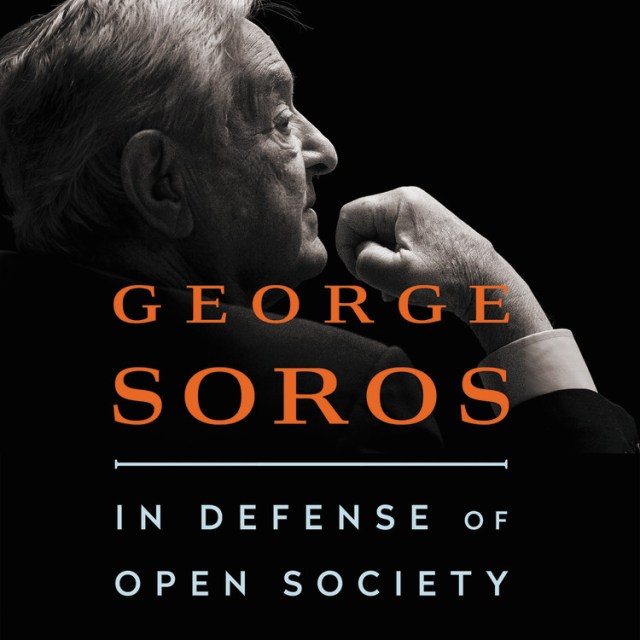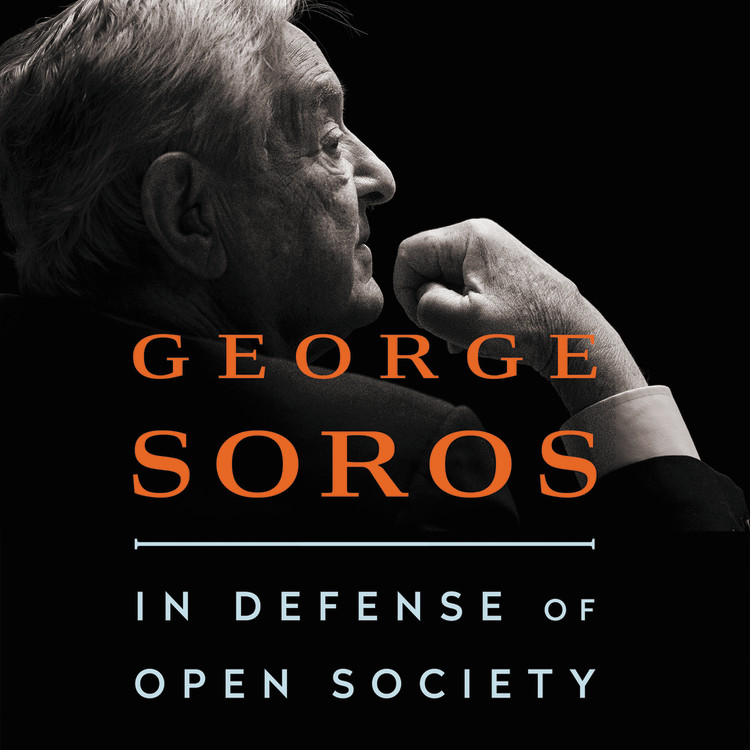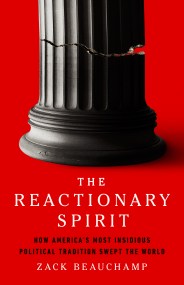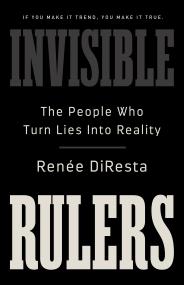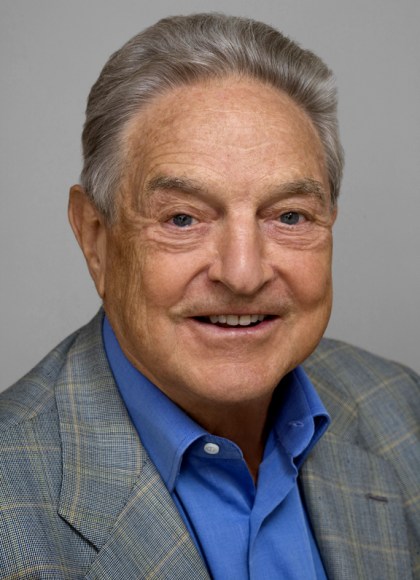By clicking “Accept,” you agree to the use of cookies and similar technologies on your device as set forth in our Cookie Policy and our Privacy Policy. Please note that certain cookies are essential for this website to function properly and do not require user consent to be deployed.
In Defense of Open Society
Contributors
By George Soros
Read by Grover Gardner
Formats and Prices
- On Sale
- Oct 22, 2019
- Publisher
- Hachette Audio
- ISBN-13
- 9781549152498
Format
Format:
- Audiobook Download (Unabridged)
- ebook $14.99 $19.99 CAD
- Hardcover $26.00 $33.00 CAD
This item is a preorder. Your payment method will be charged immediately, and the product is expected to ship on or around October 22, 2019. This date is subject to change due to shipping delays beyond our control.
Buy from Other Retailers:
An impassioned defense of open society, academic and media freedom, and human rights.
George Soros — universally known for his philanthropy, progressive politics, and investment success–has been under sustained attack from the far right, nationalists, and anti-Semites in the United States and around the world because of his commitment to open society and liberal democracy.
In this brilliant and spirited book, Soros brings together a vital collection of his writings, some never previously published. They deal with a wide range of important and timely topics: the dangers that the instruments of control produced by artificial intelligence and machine learning pose to open societies; what Soros calls his “political philanthropy”; his founding of the Central European University, one of the world’s foremost defender of academic freedom; his philosophy; his boom/bust theory of financial markets and its policy implications; and what he calls the tragedy of the European Union. Soros’s forceful affirmation of freedom, democracy, the rule of law, human rights, social justice, and social responsibility as a universal idea is a clarion call-to-arms for the ideals of open society.
Newsletter Signup
By clicking ‘Sign Up,’ I acknowledge that I have read and agree to Hachette Book Group’s Privacy Policy and Terms of Use
